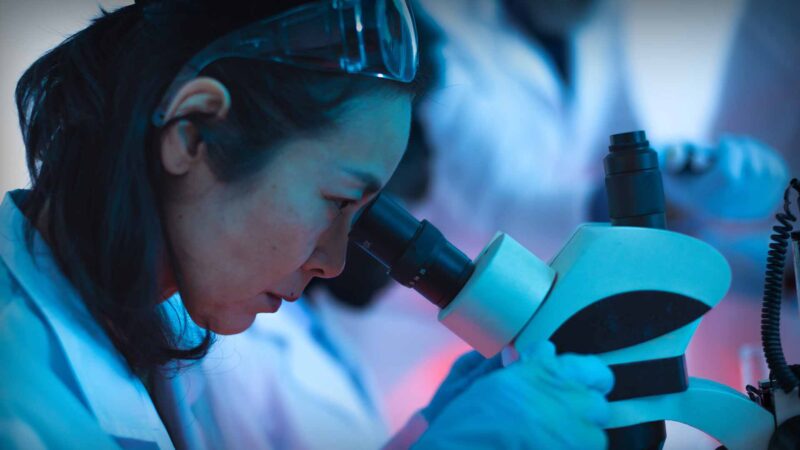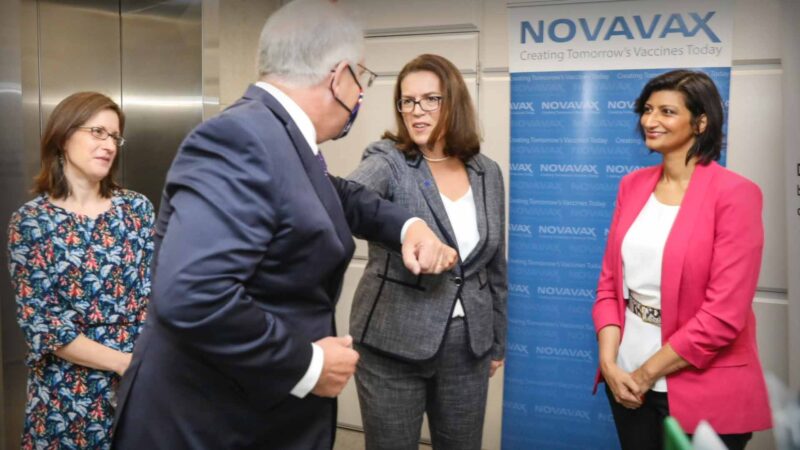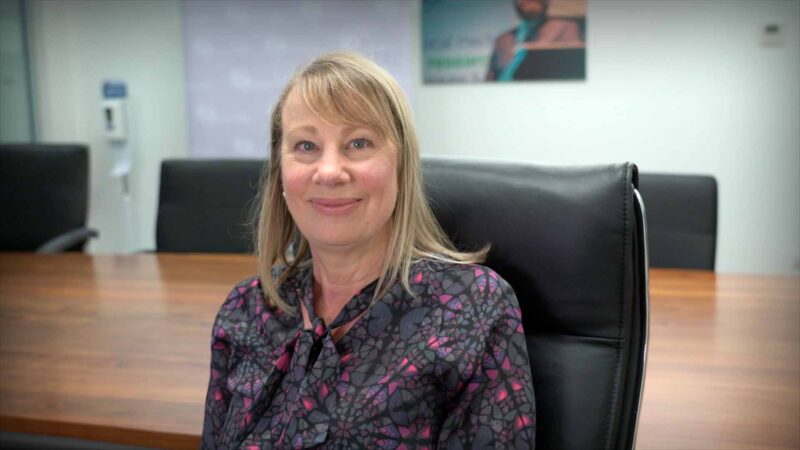A global clinical trial successfully reduced toxicity and side effects in advanced stage Hodgkin lymphoma patients by using a modified treatment regimen.
Mark Herzberg is a Professor of Clinical Haematology involved in clinical trials for patients with blood cancers, particularly lymphoma, leukaemia, and myeloma, in Australia and New Zealand.
Hodgkin lymphoma is a common cancer with varied symptoms, and treatment typically involves chemotherapy and sometimes radiation therapy.
Approximately 800 Australian patients are diagnosed with advanced stage Hodgkin lymphoma each year, with staging determined through imaging and blood tests.
Advanced stage Hodgkin lymphoma is treated with outpatient combination chemotherapy using two major regimens (ABVD and escalated BEACOPP) worldwide, with a global clinical trial involving nine cooperative groups in nine countries and 1500 patients.
The ALLG contributed 115 patients across 16 sites in Australia and New Zealand to a groundbreaking clinical trial.
A global clinical trial successfully reduced toxicity and side effects in advanced stage Hodgkin lymphoma patients by using a modified treatment regimen incorporating a new drug, Brentuximab Vedotin.
Patients experienced fewer side effects, such as anaemia, low platelet counts, peripheral neuropathy, and gonadal toxicity, while preserving fertility, with the modified BrECADD regimen in the treatment of advanced stage Hodgkin lymphoma.
Most patients with advanced stage Hodgkin lymphoma remained disease-free after three years of treatment, with a significant reduction in toxicity and shorter duration of treatment, allowing them to resume normal life and work sooner.
Australian Health Journal spoke with Professor Mark Hertzberg in his role in the ALLG HD10 Clinical Trial and as a former Chair of the Scientific Advisory Committee of the Australasian Leukaemia & Lymphoma Group (ALLG), an organisation involved in improving the treatments and lives of blood cancer patients.
You Might also like
-
Health Minister appoints Chair to National One Stop Shop Program
The Australian Government has appointed Emeritus Professor Ian Chubb AC, FAA FTSE to lead key reforms as Chair of the Inter-Governmental Policy Reform Group (IGPRG) for health and medical research, including clinical trials.
Minister for Health and Aged Care, The Hon Mark Butler MP commenting on the selection and appointment said, “Professor Chubb has dedicated his career to improving health and medical research and education in this county and I am pleased he has agreed to share his knowledge and experience through the IGPRG.”
-
Family biz succeeds in vaccine approval & distribution
It’s been 10 years since Jenny and Karl Herz started in business. Over the past 10 years they’ve launched Biointelect and Biocelect businesses to help secure approval and distribution for new medicines into Australia.
In this Australian Health Journal interview, Jenny and Karl talk about the journey the husband and wife team took to get the Novavax COVID-19 vaccine (Nuvaxovid) approved and distributed in Australia. The journey didn’t just include talented and diverse skilled staff but also their children working in both organisations.
-
Brain cancer Professor mentors Tasmanian researchers
Rosemary Harrup trained in Victoria and Tasmania in Medical Oncology and Clinical Haematology, completing a dual Fellowship in 2001. She is the current Director of Cancer and Blood Services at the Royal Hobart Hospital (RHH), a role she has held since 2009.
Australian Health Journal spoke to Rosemary about her journey in medicine and specifically her work in Clinical Trials in Brain Cancer and the value she placed on her senior clinicians as mentors and how she now mentors others.



